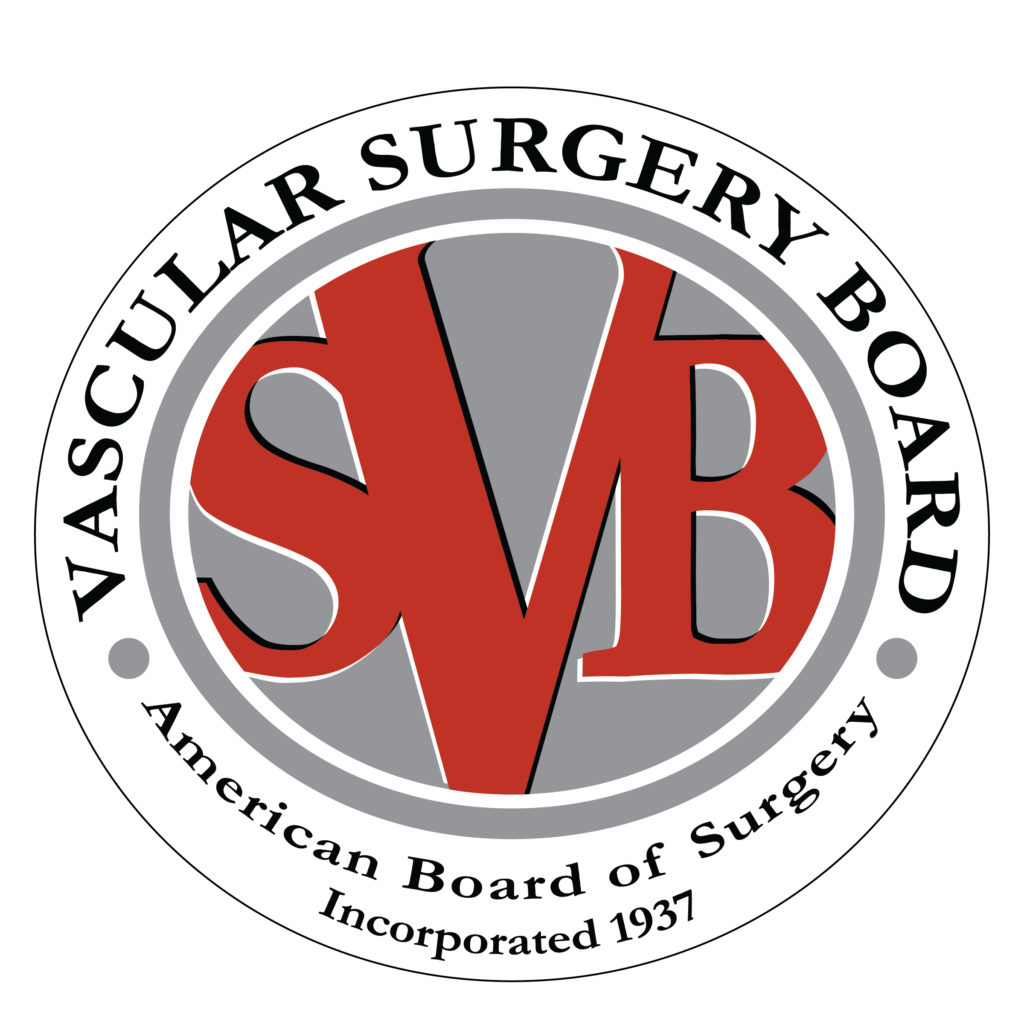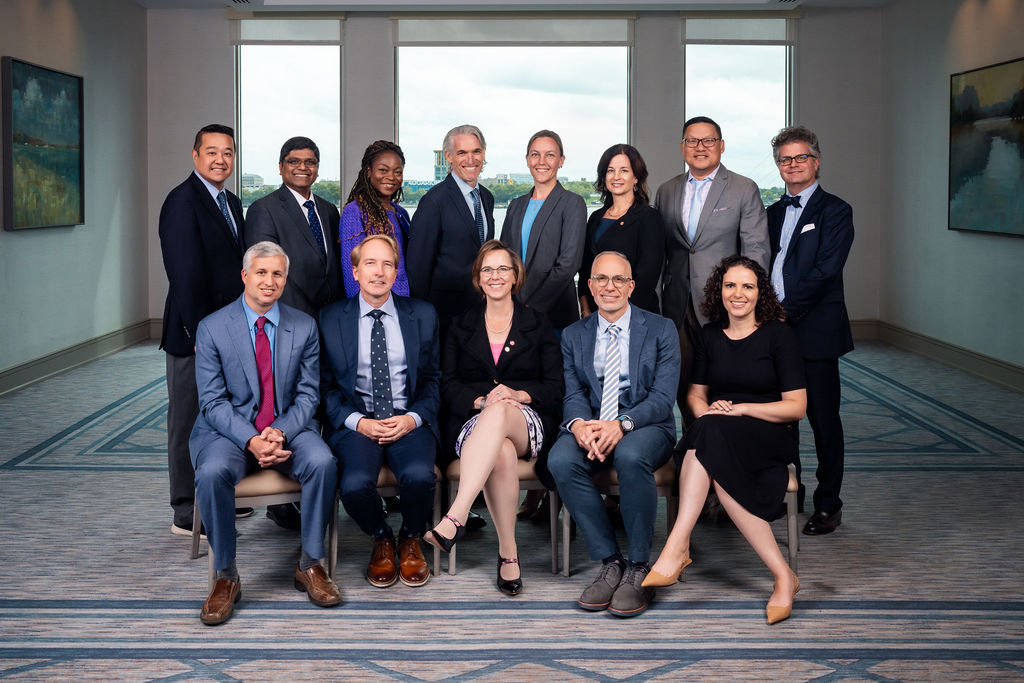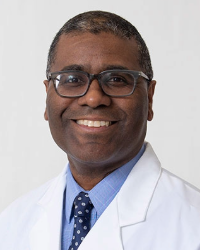About Us
Vascular Surgery Board
The Vascular Surgery Board is one of five specialty boards of the American Board of Surgery (ABS). Each specialty board consists of directors nominated by colleagues, organizations representative of the specialty, or self-nomination, as well as ABS Council members previously elected from within the specialty.


Intro
The Vascular Surgery Board was established in 1998
The Vascular Surgery Board (VSB) is responsible for defining the specific training requirements within the specialty and is primarily responsible for defining appropriate content and overseeing the development and administration of examinations in vascular surgery. This includes the Vascular Surgery Qualifying Examination, the Vascular Surgery Certifying Examination, the Vascular Surgery In-Training Examination, and the Vascular Surgery Continuous Certification Assessment.
2025-2026 VSB Directors
Meet the Vascular Surgery Board
The VSB currently has 13 directors, including a chair and vice chair. Each director serves a term of six years.
- Malachi G. Sheahan III, M.D. - Chair
- Rabih A. Chaer, M.D. - Vice Chair
- Christopher J. Abularrage, M.D.
- Kwame Sarpong Amankwah, M.D.
- Bernadette Aulivola, M.D.
- Yana Etkin, M.D.
- Jeffrey Jim, M.D.
- Raghu L. Motaganahalli, M.D.
- Ravi R. Rajani, M.D.
- David A. Rigberg, M.D.
- Elsie Ross, M.D., M.S.
- Murray L. Shames, M.D.
- Brigitte K. Smith, M.D.


Newsletters
Updates from the Vascular Surgery Board
The VSB regularly produces newsletters with the latest updates, exam information, and announcements from the current VSB chair.
Timeline
Vascular Surgery Board through the Years
1937
The ABS is founded by the leading surgical societies to differentiate formally trained surgeons from doctors in general practice.
1970s
The movement for vascular surgery certification begins.
The Committee on Vascular Surgery is formed by the ABS and meets several times with representatives of the Society for Vascular Surgery and the International Society for Cardiovascular Surgery.
1981
The ABS receives approval from the American Board of Medical Specialties to offer a certificate in vascular surgery.
1982
The ABS offers a Certificate of Special Qualifications in vascular surgery.
1988
The ABS offers a Certificate of Added Qualifications in vascular surgery.
1989
The Special Qualifications pathway is closed to new applicants, as practice pathways are typically allowed to be open for only five years.
1998
Both the "Special Qualifications" and "Added Qualifications" certificates are issued through 1998 when these titles are dropped and all certificates become designated as Certification in Vascular Surgery.
1998
The Vascular Surgery Board of the ABS is established.
2006
Vascular surgery becomes a primary specialty of the ABS in July 2006, meaning certification in general surgery no longer a prerequisite for certification
in vascular surgery.
Today
Nearly 4000 diplomates are currently certified in vascular surgery.
Director Spotlight
The VSB welcomes Dr. Kwame Sarpong Amankwah
Dr. Amankwah is chief of the division of vascular and endovascular surgery in the department of surgery at the University of Connecticut Health Centre in Farmington. He also holds academic appointments as program director of the integrated vascular residency program, professor of surgery and vascular medicine, and associate program director of the vascular surgery fellowship.
Dr. Amankwah received his medical degree from Albany Medical College in New York and completed his general surgery residency training at the State University of New York at Brooklyn, followed by fellowships in vascular surgery at Yale University School of Medicine in New Haven, Conn., and endovascular and interventional radiology at Texas Tech University in Lubbock. His clinical expertise includes the full spectrum of vascular and endovascular procedures, with an emphasis on advanced aortic and peripheral interventions.
A long time volunteer for the ABS, Dr. Amankwah is involved with educational development for both the ABS general surgery and vascular surgery SCORE curriculums. He has served as a consultant for the ABS Vascular Surgery Qualifying and Certifying Examinations (VSQE and VSCE) and is currently an examiner for the VSCE.
In addition to his work with the ABS, Dr. Amankwah is involved with development of the United States Medical Licensing Examination, serves as a surgery item writer and reviewer for the National Board of Medical Examiners, and is an editorial board member for the Journal of Vascular Surgery, Vascular and Endovascular Surgery, and Annals of Vascular Surgery: Brief Reports and Innovation. He has held leadership roles across many national and regional organizations, including the Society for Vascular Surgery, the Association for Surgical Education, the New England Society for Vascular Surgery, and the Eastern Vascular Society.


Staff Leadership
Meet the Staff Leadership Team
The ABS leadership team supports the work of the ABS Board of Directors, Council, specialty boards, and the ABS mission.


